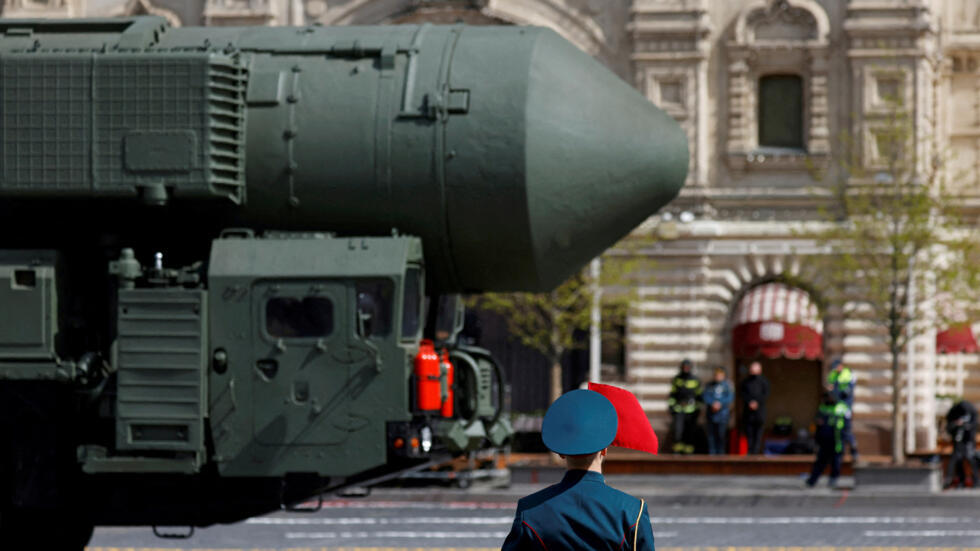Live Classes

Russian President Vladimir Putin's revision of Russia's nuclear doctrine announced last week is a worrying increase in the war rhetoric surrounding the Russia-Ukraine conflict. It would once have been considered unthinkable for permanent members of the UN Security Council to behave in this manner. His announcement was that in the event of a conventional attack on Russia by any country that is supported by a nuclear power, Russia would consider that a "joint attack" and presumably, deal with the threat accordingly. He added that Russia could use nuclear weapons in response to a conventional attack posing a "critical threat to [its] sovereignty", a threat that was repeated by Russian Foreign Minister Sergey Lavrov at the UN General Assembly meet over the weekend, when he said the idea of defeating Russia on the battlefield is "senseless" and a "suicidal escapade" given that Moscow has nuclear weapons. Clearly, the context of Mr. Putin's nuclear doctrine revision and the comments is Ukraine President Volodymyr Zelenskyy's visit to the United States, where he attempted to present a new "victory plan" for Ukraine. Mr. Zelenskyy wants the permission of the U.S. and other western countries to use missiles and other heavy weaponry procured from them for attacks deep inside Russia. Thus far, the weaponry, including Storm Shadow and ATACMS missiles, can only be used for Ukraine's defence, although western capitals turned a blind eye when Ukrainian forces invaded the Russian Oblast of Kursk in August with tanks and weaponry, allowing Mr. Zelenskyy to rack up a symbolic win and possibly some leverage in future negotiations for peace. However, much of the euphoria in Kyiv has since dissipated with Russia hitting back anew, sending in troops to Kursk, and also opening a new front around Ukraine's Pokrovsk, and western countries remaining loathe to enter the theatre of war. To that end, U.S. President Joseph Biden has now announced nearly $8 billion in additional military aid for Ukraine, but made no reference to the demand for its utilisation inside Russia.
It remains to be seen whether Mr. Putin will be assuaged, or if concerns about the war reaching a "nuclear threshold" will grow from this point on, and it is hoped countries, including India, that have committed to finding a path to dialogue and peace, redouble their efforts to prevent such a catastrophe. New Delhi has said that it "conveyed messages" to Moscow when safety concerns grew over the Zaporizhzhia nuclear plant. Prime Minister Narendra Modi may be called on to do the same when he visits Russia in October for the BRICS summit. As the world grapples with the spectre of escalation in West Asia, the last thing it needs is a reversion to chilling cold war scenarios in Eurasia, of mutually assured destruction.
Download pdf to Read More